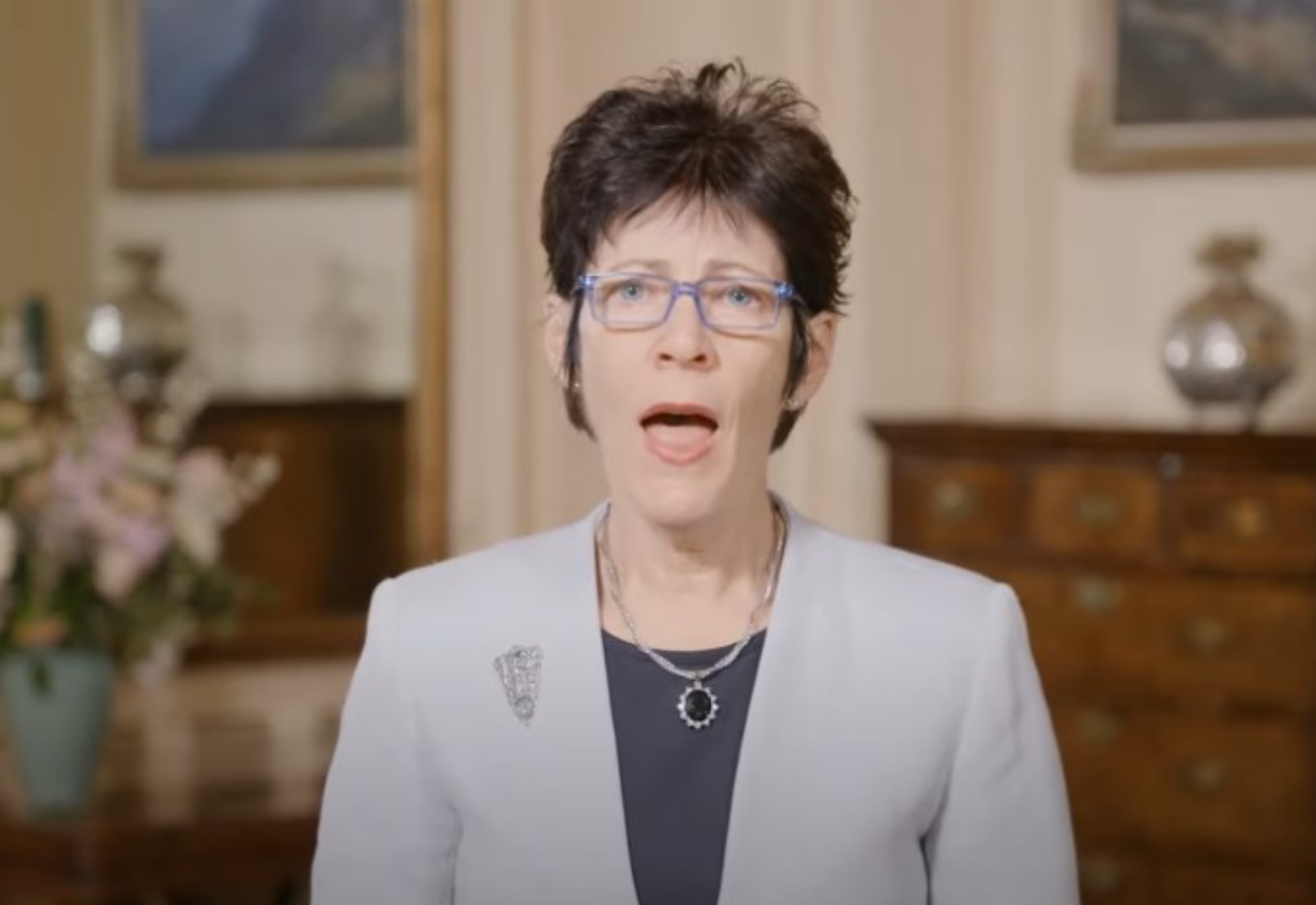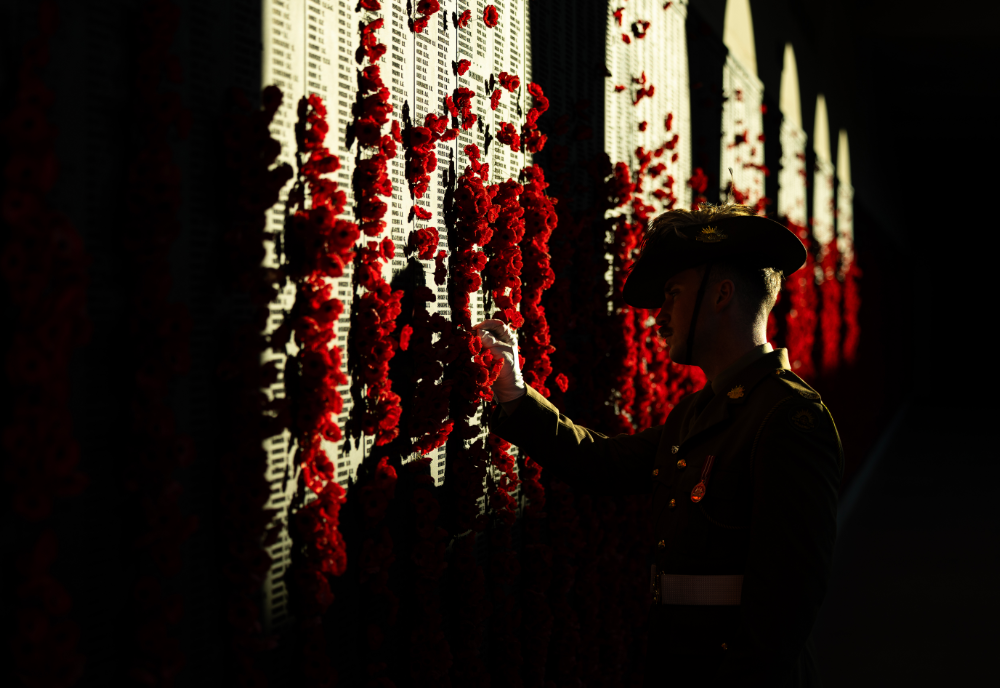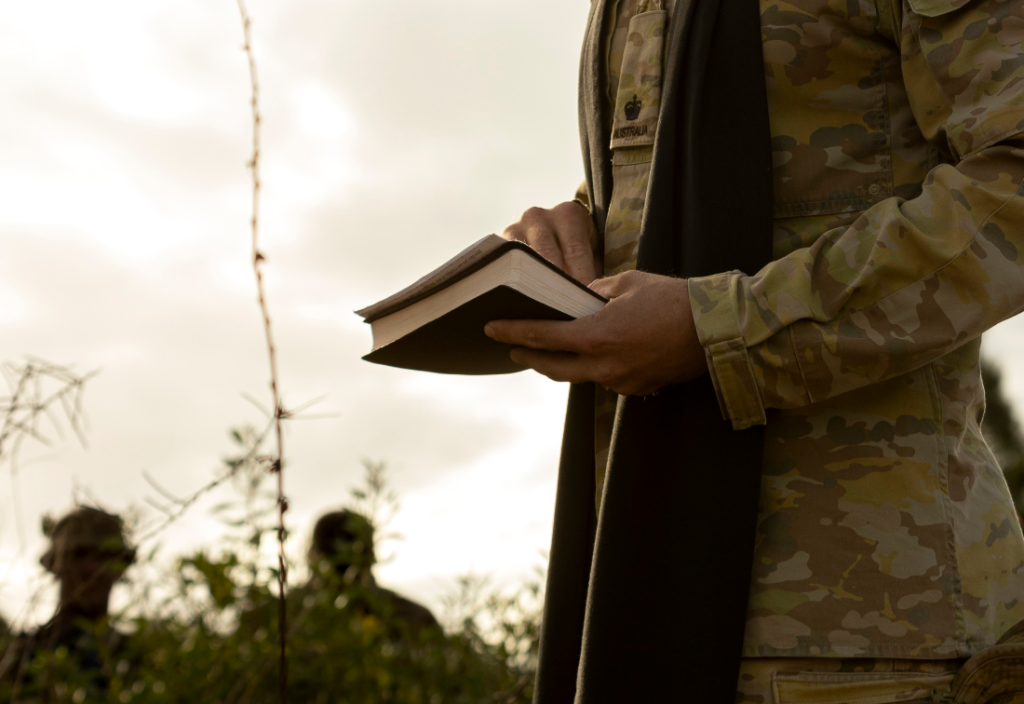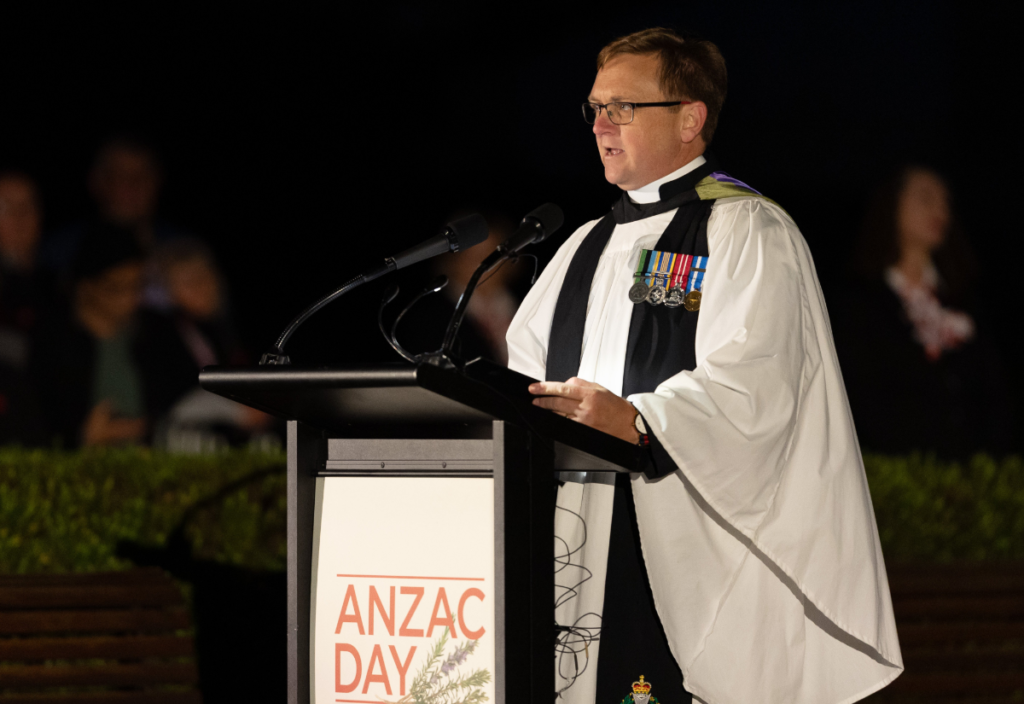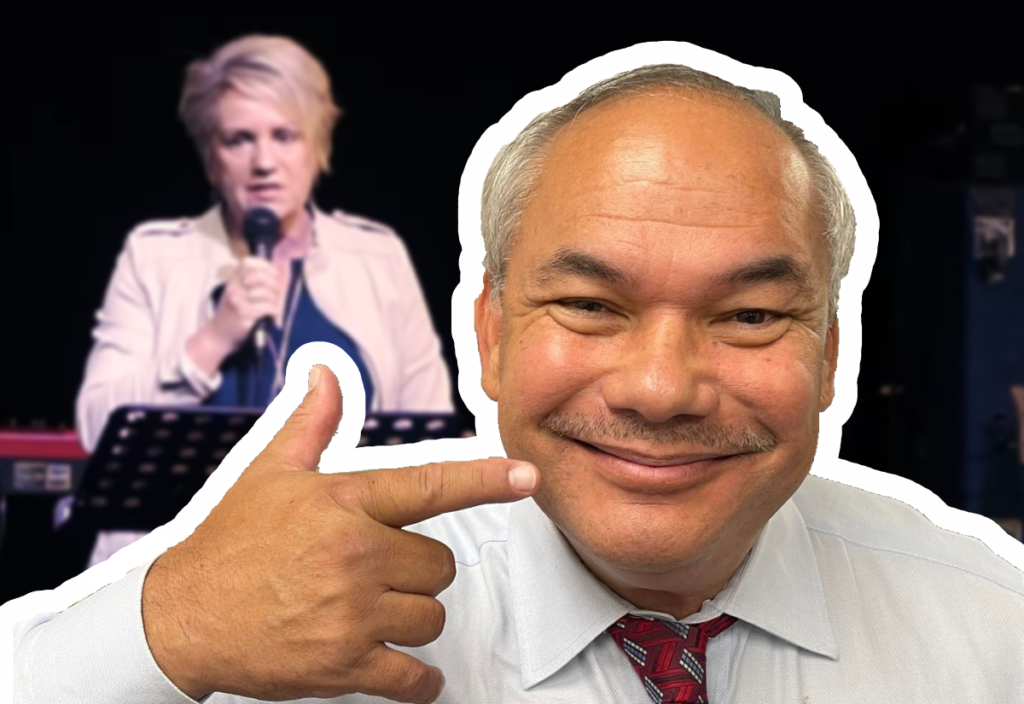Functions at Government House in Canberra these days are likely to end with a demand from Mrs Linda Hurley, wife of the Governor-General, that guests sing a cheerful little song to each other before they leave.
Mrs Hurley particularly enjoys ‘You Are My Sunshine’ and ‘Red, Red Robin’. Her light tuneful voice echoes through the vice-regal corridors while Governor-General David Hurley looks on proudly. Sometimes accompanied by a pianist, Mrs Hurley sings a song that she has composed especially for an official occasion, and she is rewarded with polite applause.
There has been no such applause for General Hurley following the disclosure that he compliantly signed off on former Prime Minister Scott Morrison’s decision to secretly appoint himself to five ministerial portfolios during the darkest days of the Covid epidemic.
A former Chief of the Defence Force, and former Governor of New South Wales, Governor-General Hurley, who was appointed to the role by Morrison, has barely acknowledged his part in Morrison’s covert power grab, now widely condemned for undermining trust in Australian democracy.
Two questions arise: Do we need to neutralise vice-regal functions to protect visitors from Mrs Linda Hurley’s musical demands and performances? And do we need to demilitarise Yarralumla, given that three of the last five governors-general have been former military officers?
The two questions are related, and I believe there are good political and constitutional reasons for neutralising and demilitarising the vice-regal office if this nation is to avoid appearing ridiculous on the world stage.
Mrs Hurley’s performances perhaps can be dismissed as the innocent, if somewhat eccentric, behaviour of a former school teacher and chorister who enjoys the sound of her own voice. But some guests are troubled and embarrassed at the prospect of having to sing ‘You Are My Sunshine’ to a stranger. Not wishing to offend their host, corralled and captive guests have little choice but to comply with what is, for them, an excruciating experience which they cannot avoid.
A cynic might say that Mrs Hurley is merely challenging the conventions of public vice-regal functions, trying to turn them into the silly sing-alongs held at rural sub-branches of certain service organisations. But there is a darker possibility: Mrs Hurley’s actions may perhaps be an attempt to push guests towards a grotesque secular Pentecostalism where happy-clappy singing under vice-regal duress forces guests to surrender themselves to an unwelcome group activity at odds with their personal social and other instincts.
With the apparently enthusiastic support of her husband, Mrs Hurley may hope to initiate some sort of mass conversion by trying to arouse feel-good emotions in her guests. She may envisage a willing, compliant nation, singing its cheerful hearts out about sunshine and robins, and moving gradually towards an ordered, obedient, no-questions-asked society inoculated from flirtations with reformist political policies and messy democratic representative governments.
A cynic might say that Mrs Hurley is merely challenging the conventions of public vice-regal functions, trying to turn them into the silly sing-alongs held at rural sub-branches of certain service organisations. But there is a darker possibility…
Like the religious Pentecostals – of which Scott Morrison is a high-profile follower – Mrs Hurley’s happy-clappy singers are enjoined to shelter in the security of polite conservative tradition, confident that through the lyrics of ‘You Are My Sunshine’ they can find and enjoy personal contact with a higher, purer life.
For Pentecostal populations, faith is a commodity wrapped in cheesy pop music and flogged by Bible-waving grifters in beautiful suits claiming their congregations will be “born again”. Such a population would recommend itself to the Governor-General. Military officers prefer order, compliance, obedience. There is a chain of command, leaders and followers, and the aim, always, is victory over hostile forces.
Military bodies have the weapons, transport, and organisation to achieve their aims and they enjoy a monopoly on the right to legally use violence. This sort of structure may be necessary for military organisation and success. It is the structure that General Hurley knows and it has served him well throughout his long and distinguished career.
But is the musical/military mindset an appropriate foundation for the democratic constitutional rule to which Australia aspires in its better moments? General Hurley’s apparently uncritical and unquestioning compliance when Scott Morrison secretly moved to take over the five federal ministries suggests that it most certainly is not.
This is not to suggest that General Hurley acted in any way improperly. Indeed, former High Court justice Virginia Bell concluded her review of Morrison’s takeovers with the observation: “I consider the criticism of the governor-general to be unwarranted.” She declared explicitly that she accepted an analysis by the Solicitor-General Stephen Donaghue KC that Morrison’s secret appointments were constitutionally valid.
Justice Bell’s criticism was reserved for the Prime Minister, and it was devastating: “As the Solicitor-General concluded, the principles of responsible government were fundamentally undermined because Mr Morrison was not ‘responsible’ to the Parliament, and through the Parliament to the electors, for the departments he was appointed to administer.”
https://www.youtube.com/watch?v=4eBVGV_O7mQ
Justice Bell added that the lack of disclosure of the appointments to the public was apt to undermine public confidence in government. “Once the appointments became known, the secrecy with which they had been surrounded was corrosive of trust in government.”
General Hurley has had little to say beyond issuing a statement declaring that he acted on the advice of the Prime Minister and that it was not his responsibility to ensure that the ministerial appointments were reported. He said he had no reason to believe the appointments would not be notified.
Morrison, meanwhile, has suffered a rare censure by parliament, with his devious actions and explanations publicly condemned even by members of his own party who would not cross the floor of parliament to support the censure. New procedures are now in place to ensure that all future appointments are reported in the Government Gazette. So ends the self-righteous media rage. All passion spent; all sin forgiven.
But there is still much we do not know about events at Yarralumla. What discussions took place between Hurley and Morrison, the Prime Minister who appointed Hurley Governor-General? What, if any, legal advice did the Governor-General receive about Morrison’s clandestine appointments? What passed between the two men between March 2020 when the first appointment was made and May 2021 when the last one was finalised?
While the Donaghue/Bell reviews exonerate General Hurley from any impropriety, and conclude that the appointments were constitutionally valid, they also make clear that the appointments seriously undermined Australian responsible government and that General Hurley was the man who signed off on the appointments.
Doubtless General Hurley is a decent, capable and conscientious old soldier, but it hardly seems enough for him to say simply that it was not his job to see that the appointments were disclosed. It might be argued that an attentive Governor-General has a right or a duty to warn a political leader of possible implications of controversial actions.
As we have seen, the Solicitor-General and two former High Court judges quickly and trenchantly noted the implications of Morrison’s actions for responsible government. Judging by his brief statement, General Hurley seemed blind to those implications and now seems to want to ignore them.
Perhaps, in the best military tradition General Hurley saw himself as subordinate to the Prime Minister in the chain of national command and just signed on the dotted line for him. Military minds do tend to operate within familiar rules and conventions and might not always be alert to potentially difficult political/constitutional complexities. They prefer an ordered, obedient world of traditional values and attitudes.
For Mrs Linda Hurley, now might be a good time to find an appropriate song for the Governor-General to sing with or without a full-throated room full of guests. ‘You Are My Sunshine’ does not seem quite right for General Hurley. Perhaps Mrs Hurley could teach him the famous old goodbye song from Whitehorse Inn:
I’ll join the Legion, that’s what I’ll do
And in some far distant region
Where human hearts are staunch and true
I shall start my life anew
Alternatively she might try him with that old warhorse: “Pack up your troubles in your old kitbag and smile, smile, smile’’. It might evoke for him the happy camaraderie of military life.
Together, the two songs could help the Governor-General and Mrs Hurley to be born again – into the profession of arms where they are truly at home and where they have served the nation with distinction.
The rest of us can then get on with life in our conflicted, rowdy, irritating, inefficient representative democracy. It may be a pain at times, but it beats the prospect of having soldiers maintaining public tranquility by bearing down on free people seeking to exercise their right to dissent from those who rule them.
If you wish to republish this original article, please attribute to Rationale. Click here to find out more about republishing under Creative Commons.
Photo: Governor-General of Australia YouTube channel (screengrab)

